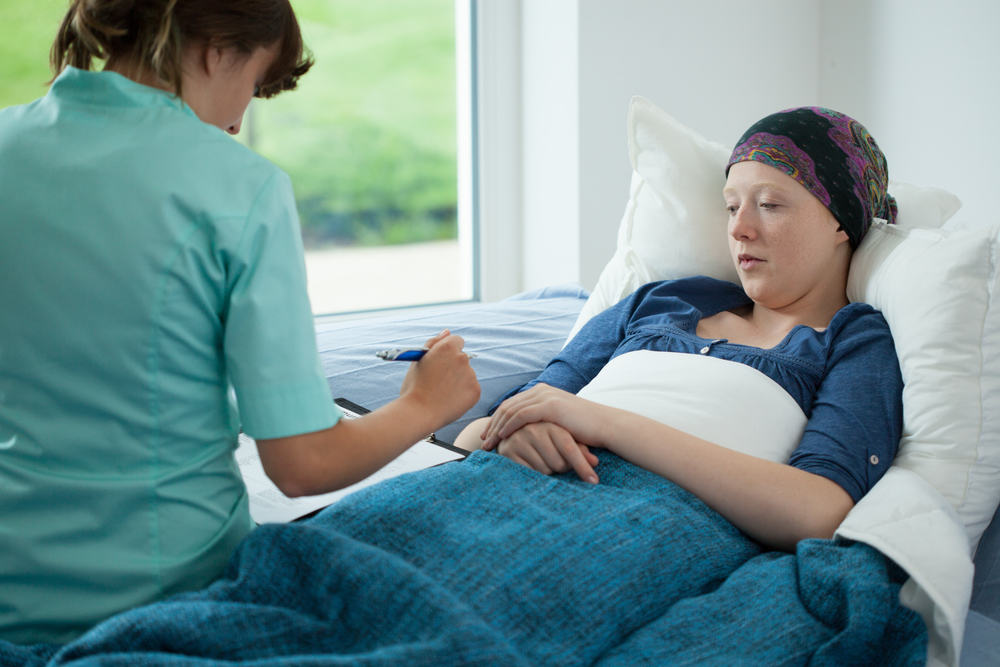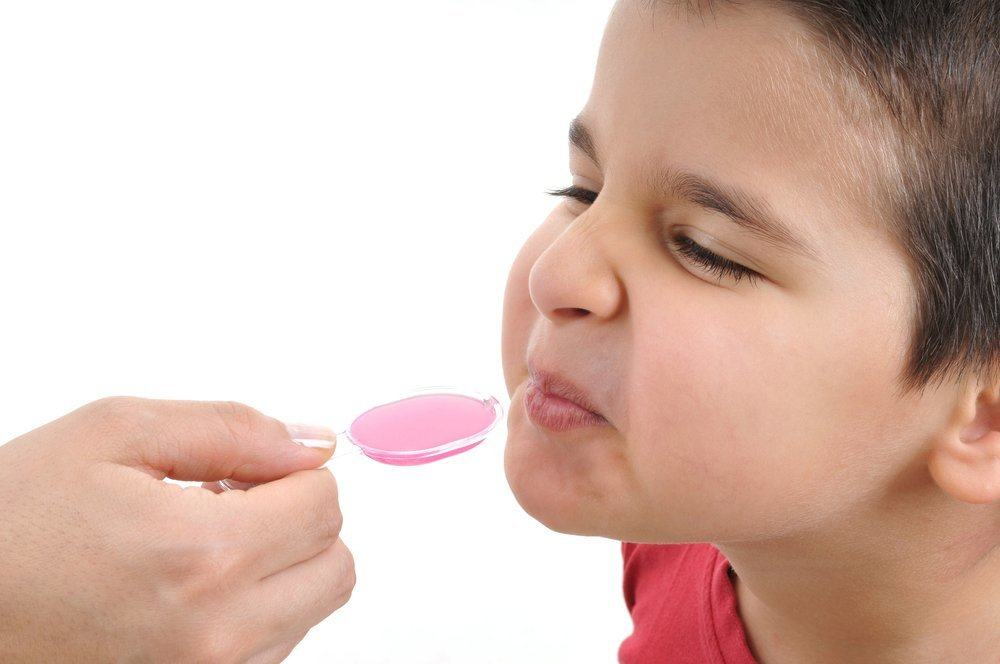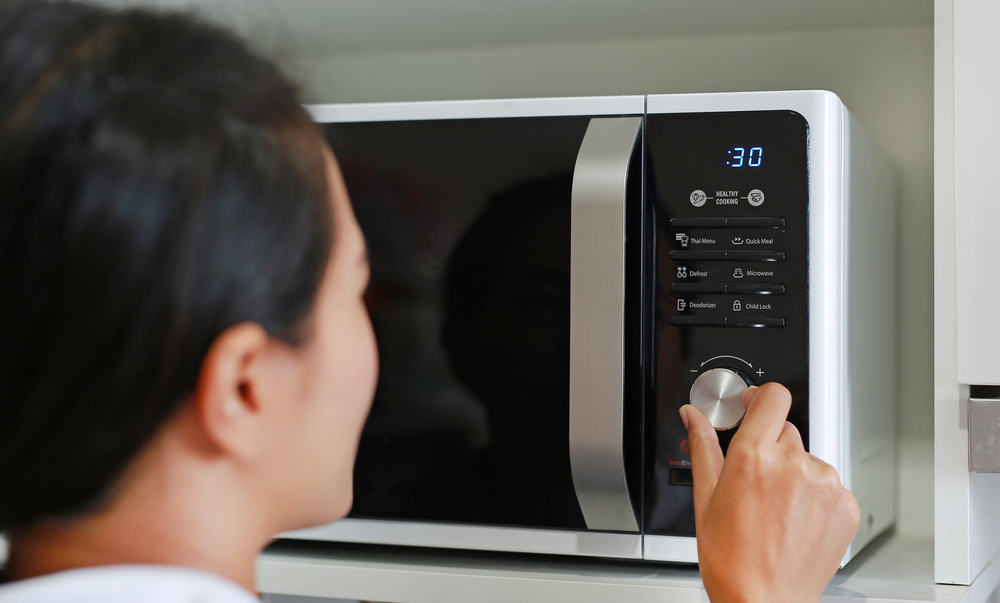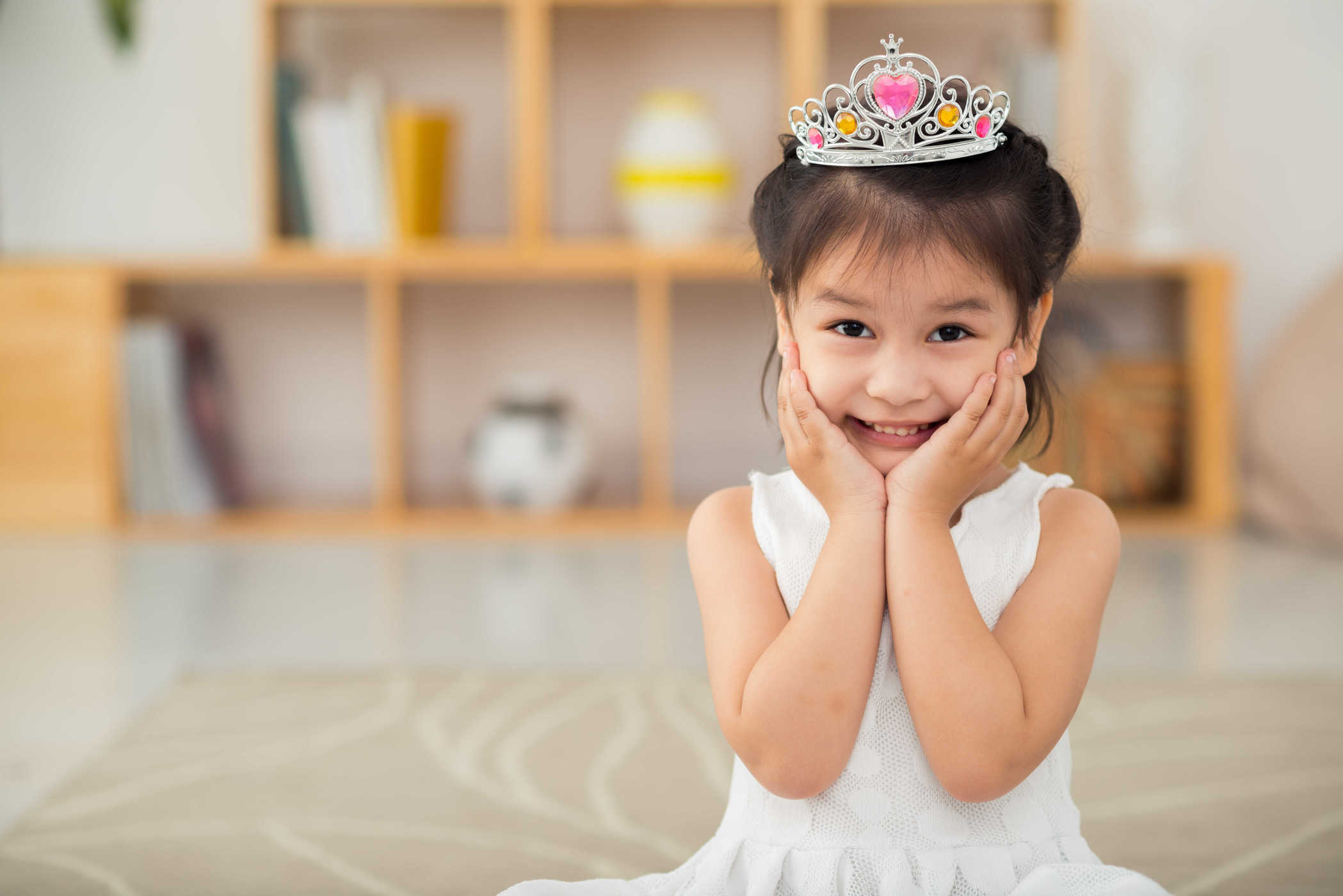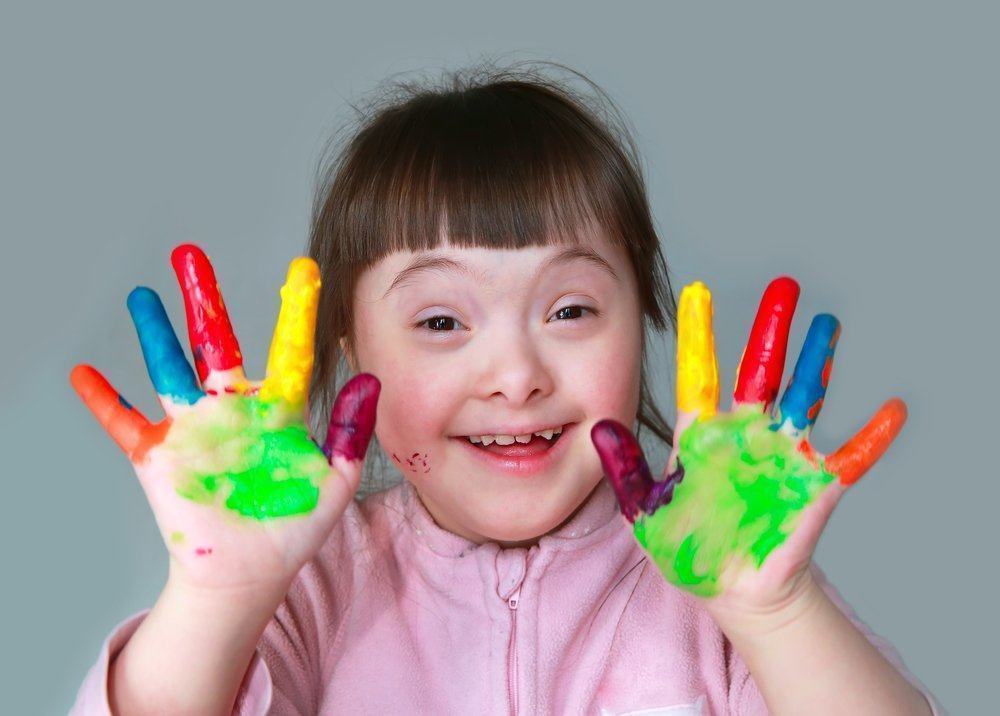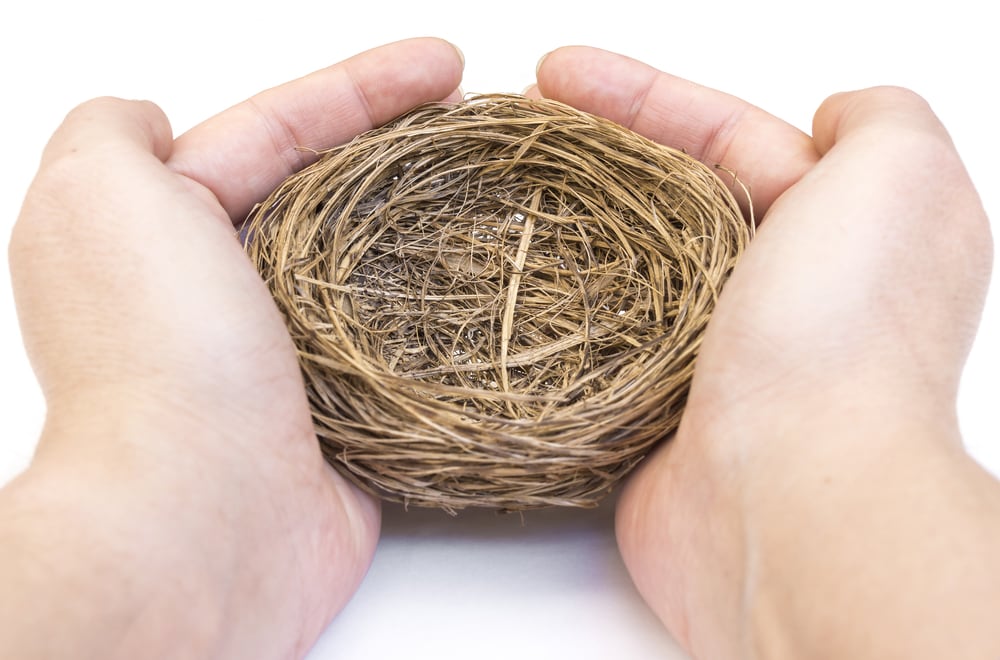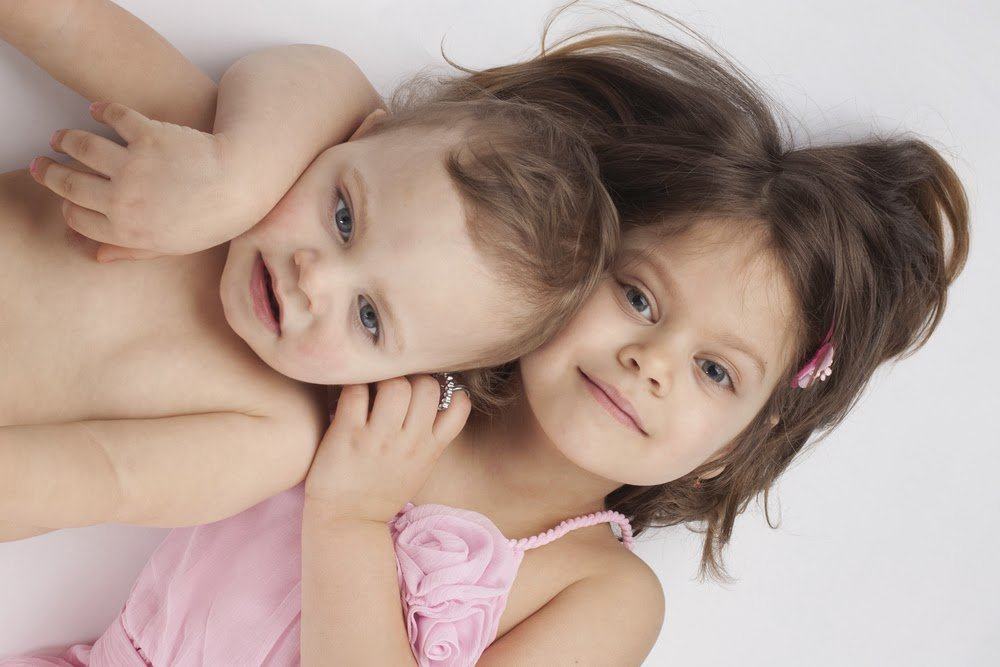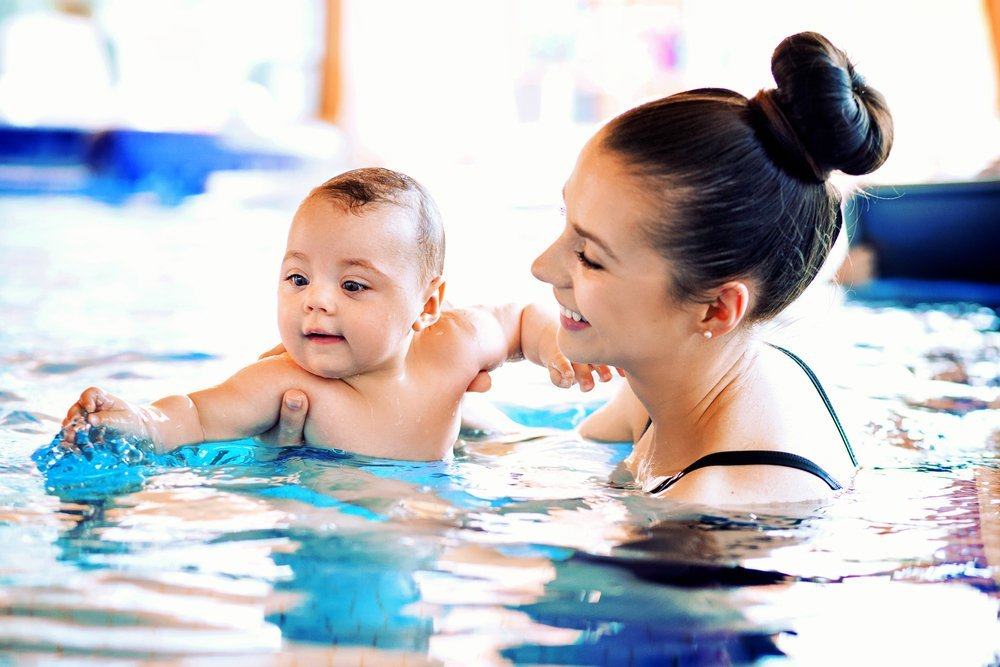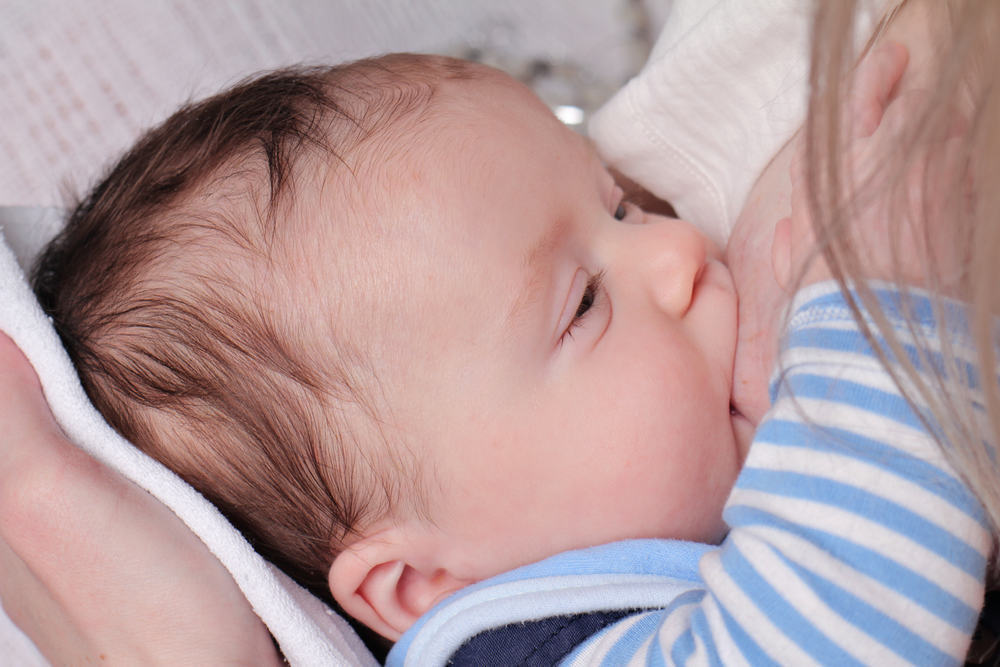Contents:
Medical Video: 12 Early Signs of Liver Damage
For most healthy teens, life may feel like rollercoaster. One day you might feel happy and then you might cry for some reason without reason. Having cancer can make a feeling like this but more negative than positive. Sometimes you may feel helpless and depressed. As a parent, you should remind your teenagers that what they are experiencing is normal and will get better over time.
As a teenager, you are able to understand what cancer is and sometimes know what will be faced. Even though you may still feel scared and need parental support, you have a way to control expectations and changes in the body. You might want to learn more about cancer and find out where the information is stored. You can get information from many sources such as the internet, books, magazines and other sources.
Most teens who are diagnosed with cancer share the same concerns: their appearance. Hair loss and having wounds from treatment can be difficult. You suddenly fill the closet with hats, bandanas and wigs. Your weight may increase or decrease, you may have a rash caused by chemotherapy and feel weak. This can make you give up doing activities that you like.
You may want to make a choice between treatment options and not let adults make decisions. If so, you need to discuss with your doctor what might happen if you choose the treatment before making a decision.
Teenagers do not consider cancer as a symptom but think how this will affect their lives. Self-image is the main focus of adolescents. Here are some of the changes your teen faces and how they deal with them:
Hair loss
Not having hair is the first thing you imagine when someone has cancer right? This might happen, but maybe not. Depends on your treatment plan.
In most adolescents, hair loss occurs about 2 weeks after treatment begins. Not only hair on the head, eyebrows, eyelashes and body hair may also fall out. During treatment, you may want to cover your head, or try to accept your baldness.
The best way is to start imagining yourself bald before treatment. Imagine all possible accessories: baseball caps, turbans, skullcaps, maybe wigs. You can cover it or not depending on your comfort and style.
Some feel more helpful by cutting their hair before taking treatment to avoid finding hair loss on the pillow. Even after shaving your hair, you will still feel awkward. Your scalp becomes very sensitive. You might want to massage your head with oil and replace it with mild soap or shampoo while taking a shower.
If you are in the sun, remember to use sunscreen to protect yourself from sun damage.
Hair loss should stop when the treatment is complete and after 6 months, you will have back to charming hair.
Skin condition
The reason you have a skin condition, such as a rash or itching, is because chemotherapy stops all cell growth. Affects not only cancer cells but also other healthy skin cells that grow in the body. During treatment your skin may become dry, reddish, and itchy. The color of your skin and nails may change too. Your skin becomes darker along with the vein where the chemo drug is injected, while your nails become brittle, cracked, darkened or yellowed.
Again this change is temporary and can be overcome.
Moisturize your skin and drink plenty of water to keep your skin hydrated. Clean your face with a cleanser and dry it with a dry towel. Avoid fragrances, aftershaves, lotions or other products containing alcohol. This might make your skin more irritated and dry.
It's also a good idea not to touch your face with your hands, this is to prevent dirt and bacteria from your hands moving to the face. Keep your nails short so that cracks or dirt don't build up easily under your nails. You can ask your doctor to paint nail enhancers, but this might irritate your skin. You can cover your nails with nail polish, but be sure to use a paint cleaner with an oil base to clean the paint.
Steroid effects
The type of steroid used in cancer treatment is called corticosteroids, synthetic chemicals that are similar to the hormone cortisol in the body. Don't be mistaken for anabolic steroids that are used to build muscle. General steroid use in cancer treatment. Used to control nausea and vomiting, kill cancer cells in chemotherapy, reduce allergic reactions (before platelet transfusion, for example), and help relieve headaches caused by brain tumors.
One side effect of corticosteroids is weight gain. You may feel very hungry and eat continuously. That's a good thing because cancer treatment makes you lose a lot of weight. Gaining a few pounds is good for you now.
What teens don't like from gaining weight through this method is because fat is distributed in the wrong place. You will have chubby cheeks and accumulated fat tissue on the back of your neck.
Steroids can also increase hair growth. The bad news is, hair growth does not grow on your head. You will experience hair growth where you don't want it. Shaving it may be difficult, because your skin is now easily irritated and may be thinner than before treatment. Cutting and shaving can make your skin hurt easily.
Other effects of steroids can cause your emotions to change. You may feel happy this minute and depression the next minute.
Fortunately this effect will disappear when you stop using steroids.
What you need to do more now is to keep positive thoughts and don't let cancer destroy your life. Try to do things that you like, gather with friends and spend time with your family. Cancer is bad, right, but it can strengthen relationships more than you think.

